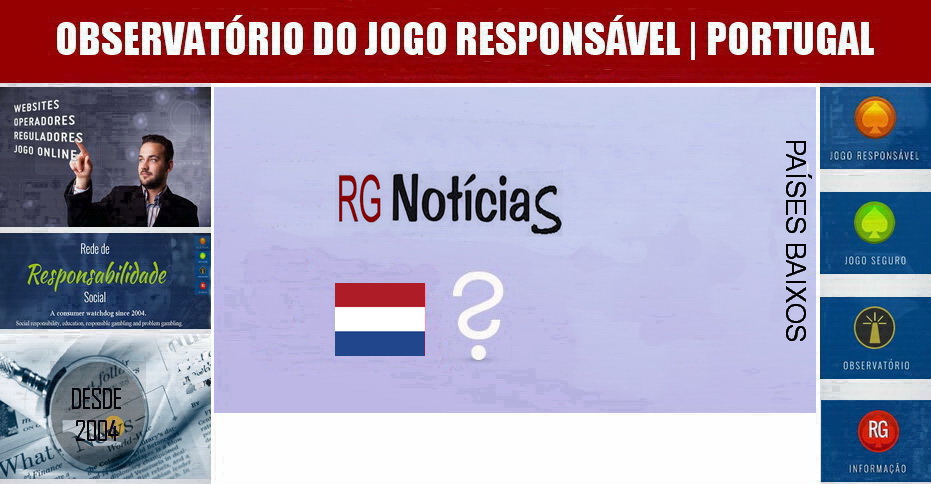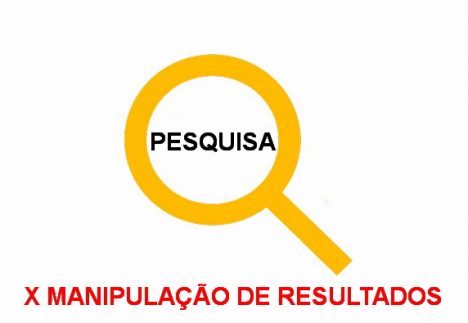Last night, the Dutch Lower House debated the country’s long-awaited remote gaming bill, which would allow operators to enter the online market in the country for the first time.
The debate is set to continue on Thursday, June 30, while a vote is expected the following week.
Will the Bill Pass?
As the bill is supported by the ruling (majority) coalition, it was already obvious that the draft law would pass the Lower House. However, for the bill to become law, it must also pass the Senate, where the coalition parties VVD and PvdA only have 22 out of 75 votes, 38 of which are necessary for a majority.
Last night, it became clear that opposition parties D66 and PVV are “in principle” willing to support the bill in the Lower House. If – as is normally expected – these groups will also support the bill in the Senate, the draft law will end up with a clear majority in that body as well.
In short, it is now much more likely than not that the Dutch remote gaming bill will become law in the foreseeable future; and thus, that the online market will finally be regulated.
Amendments Galore
At this point, no less than 26 amendments to the bill have already been proposed. Some of these will have to be adopted in order to garner sufficient parliamentary support for the bill.
Political group D66 in particular, may insist on additional concessions in order to ultimately vote for the bill, both in the Lower House and Senate. The group is especially opposed against granting DNS and IP blocking powers to the Netherlands Gaming Authority. The group also expressed concerns about consumer data protection and privacy.
The amendment introducing a uniform tax rate of 29% of GGR for both online and land-based operators is, to no one’s surprise, all but certain to pass, even though the representative speaking on behalf of political group PVV suggested that perhaps a uniform rate of 20% would be more appropriate.
Other amendments that could likely be adopted, concern additional advertising restrictions and problem gambling prevention measures.
The land-based gaming arcade sector also appeared to score a victory, as an amendment that would scrap the operators’ future obligation to erect physical entry and player identification barriers seemed to enjoy considerable political support.
Netherlands Gaming Authority
Remarkably, almost all political groups expressed displeasure with the Netherlands Gaming Authority (Kansspelautoriteit), citing a lack of effort in enforcing the current prohibition on online gaming – despite the rather obvious fact that, so far, it has been given few powers to actually do so.
MP Mei Li Vos (PvdA) even suggested that the Gaming Authority’s CEO, Marja Appelman, might personally be insufficiently willing to keep unlicensed operators out of the Dutch market under the proposed future gaming regime, based on remarks made by Appelman at a recent gaming industry event.
The full list of amendments to the remote gaming bill that have currently been submitted can be seen here. The full minutes of the debate are available here.
Source: Gaming in Holland


























